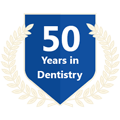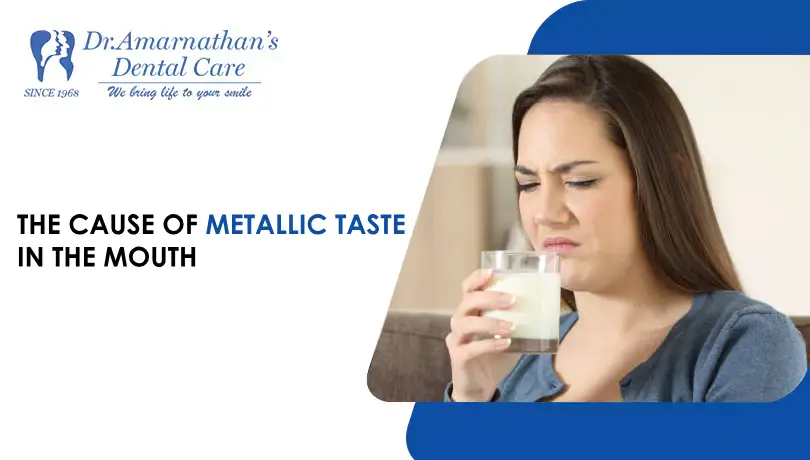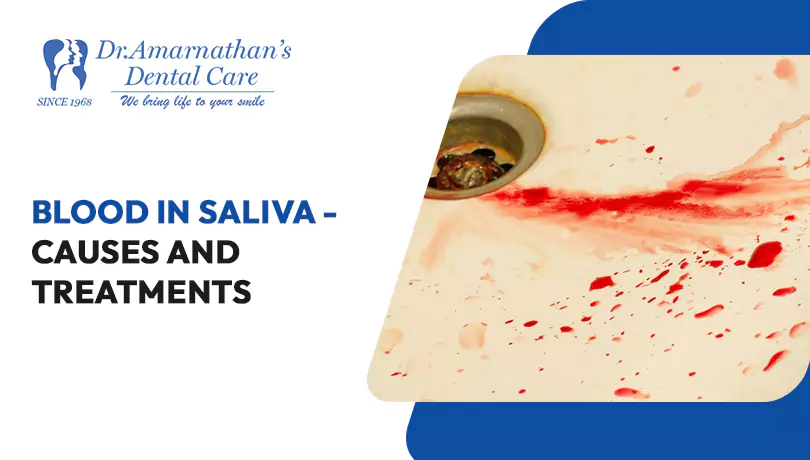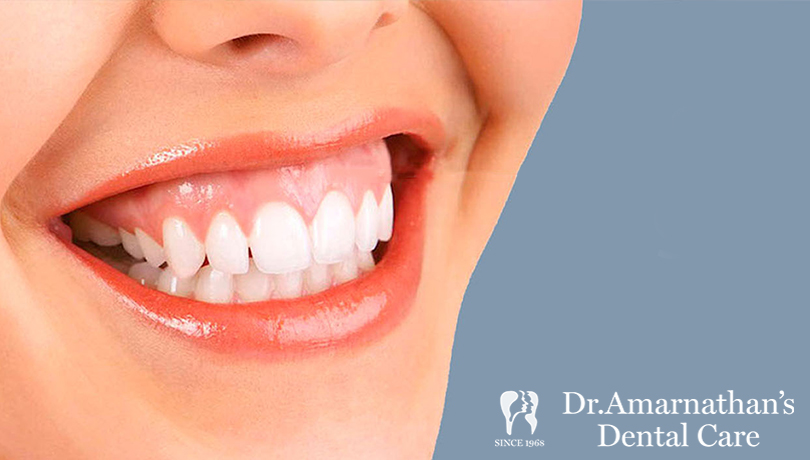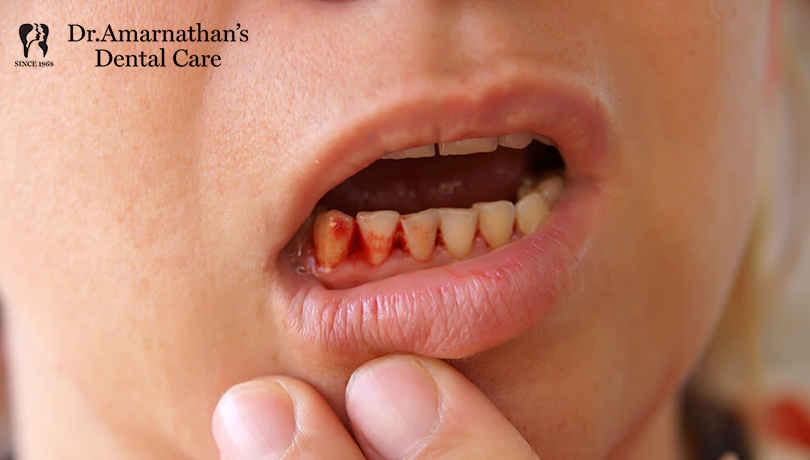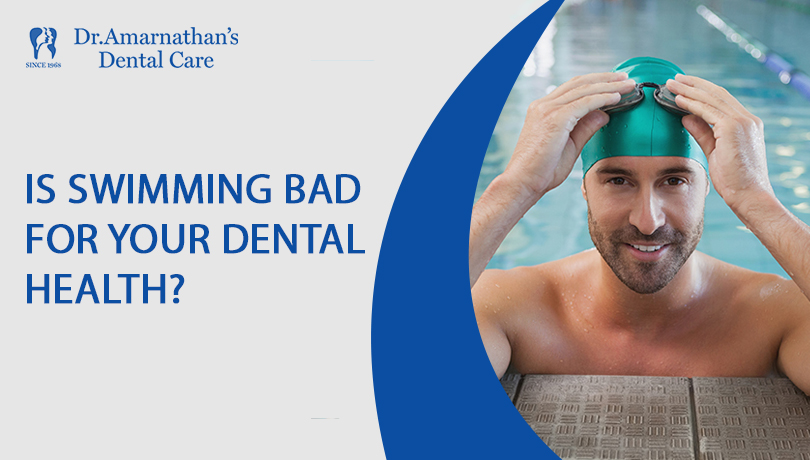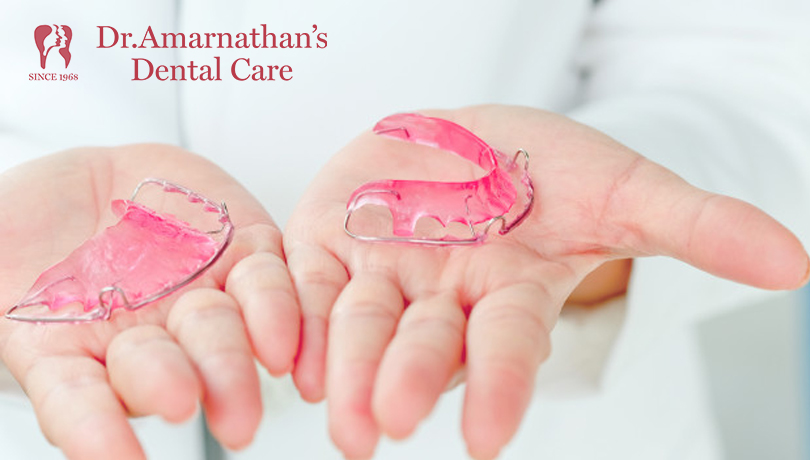
How Can I Stop Grinding My Teeth at Night Naturally and Effectively?
Tired of waking up with jaw pain, headaches, or worn-out teeth? If you’re wondering “How can I stop grinding my teeth at night?”—you’re not alone. Teeth grinding, or bruxism, often goes unnoticed until it starts causing real damage. Left untreated, it can lead to chronic discomfort, fractured teeth, and even sleep disturbances. The good news? There are proven solutions to break the cycle. In this blog, we’ll explore why teeth grinding happens, how to recognize the signs, and most importantly, what you can do to stop it. Whether you’re already suffering or just starting to notice the signs, this guide is for you.
What Is Bruxism (Teeth Grinding) and What Causes It?
Bruxism is a condition in which you involuntarily grind, clench, or gnash your teeth, most often while sleeping. This habit may seem harmless at first, but it can lead to significant dental issues over time. Common causes of nighttime teeth grinding include stress, anxiety, misaligned teeth, sleep disorders, and even lifestyle factors like caffeine or alcohol consumption.
Top Signs You Might Be Grinding Your Teeth in Your Sleep
Because it usually happens during sleep, many people don’t realize they grind their teeth until symptoms become noticeable. Here are common signs to watch for:
- Morning headaches or facial pain
- Sore jaw or tight jaw muscles
- Chipped, flattened, or worn-down teeth
- Tooth sensitivity or pain
- Clicking or popping jaw
- Disrupted sleep or waking up frequently at night
If you recognize one or more of these symptoms, it’s a good idea to consult a dentist for evaluation.
The Hidden Dangers of Nighttime Teeth Grinding
Teeth grinding might not seem serious, but the long-term effects can be significant. Prolonged bruxism can lead to:
- Cracked or broken teeth
- Gum recession
- TMJ (temporomandibular joint) disorders
- Chronic headaches
- Tooth enamel erosion
- Difficulty chewing or speaking
Addressing the issue early can prevent these complications and protect your oral health.
How Stress and Anxiety Trigger Nighttime Teeth Grinding
One of the most common triggers for bruxism is emotional stress. When you’re anxious or under pressure, your body may tense up during sleep, causing you to grind your teeth unconsciously. If you’ve been under emotional strain, stress management might be a key part of your treatment. Techniques like meditation, deep breathing, journaling, or therapy can help reduce the mental load that leads to bruxism.
How Can I Stop Grinding My Teeth Naturally? 5 Home Remedies That Work
Looking for natural ways to stop grinding your teeth at night? Here are five effective remedies to try:
- Warm Compress: Apply a warm towel to your jaw before bed to relax the muscles.
- Mouth Exercises: Gentle jaw stretches can relieve tension.
- Avoid Chewing Gum: It may overactivate the jaw muscles and increase the likelihood of grinding.
- Cut back on Caffeine and Alcohol: These can interfere with sleep and increase grinding.
- Improve Sleep Hygiene: Create a relaxing bedtime routine to promote deeper sleep.
While these methods can help, they work best when combined with professional treatment if bruxism is severe.
When to Consider a Night Guard for Teeth Grinding
If natural remedies aren’t enough, a custom-fitted night guard might be the best solution. A night guard is a dental appliance worn while sleeping that cushions your teeth and prevents them from grinding against each other. It doesn’t stop the grinding itself, but protects your teeth from damage and reduces jaw strain.
Over-the-counter options are available, but a professionally made night guard from your dentist will offer a better fit, comfort, and long-term protection.
Lifestyle Changes That Can Help Reduce Bruxism
Your daily habits play a big role in whether or not you grind your teeth. Consider these lifestyle changes to reduce nighttime grinding:
- Reduce your consumption of caffeine and alcohol, particularly during the evening hours.
- Exercise regularly to reduce stress hormones like cortisol.
- Avoid screens before bed to promote better sleep quality.
- Establish a calming bedtime routine, like reading or listening to soothing music.
Simple adjustments like these can significantly decrease nighttime grinding episodes.
Can Diet and Hydration Affect Teeth Grinding?
While it’s not the most obvious factor, your diet and hydration can influence bruxism. Dehydration may lead to muscle cramps, including in the jaw. Additionally, a diet high in refined sugars and processed foods can affect your sleep quality and increase nighttime tension. Make sure you drink plenty of water and eat a balanced diet rich in magnesium and calcium to support muscle relaxation and nerve function.
When to See a Dentist About Teeth Grinding
If your teeth grinding is causing pain, tooth damage, or affecting your daily life, it’s time to see a dentist. They can:
- Examine your bite and dental wear.
- Recommend a night guard.
- Refer you to a specialist for jaw alignment or TMJ treatment.
- Work with other professionals (like therapists) if the root cause is stress or anxiety.
Stop Teeth Grinding for Good:
Teeth grinding doesn’t have to damage your smile or disrupt your sleep. With a combination of stress management, lifestyle changes, home remedies, and dental solutions like night guards, you can finally stop grinding your teeth at night and protect your oral health.
Take the first step today—listen to your body, manage your stress, and talk to your dentist. Relief is closer than you think.

